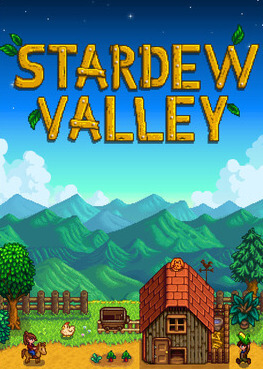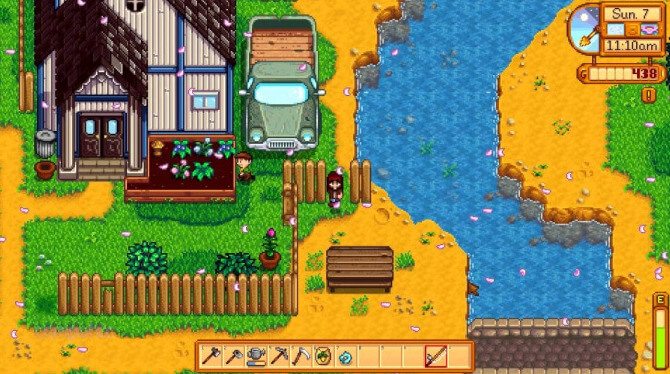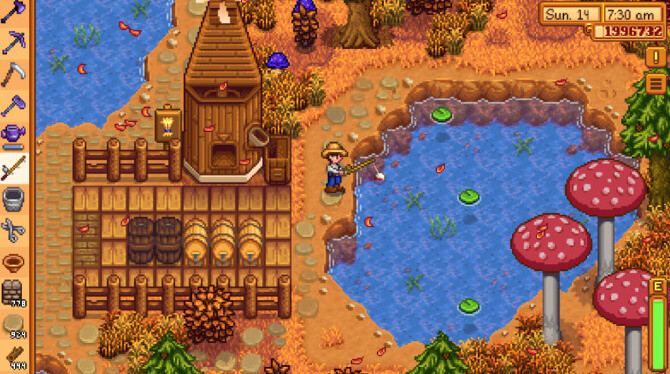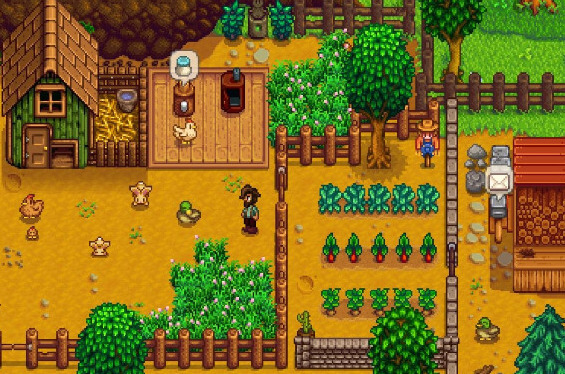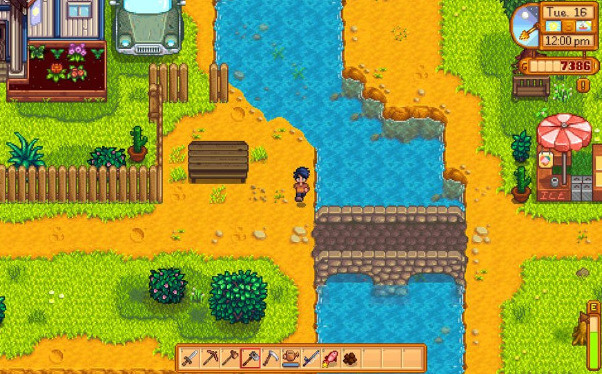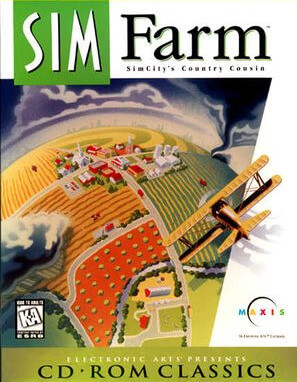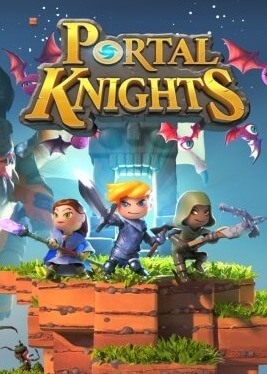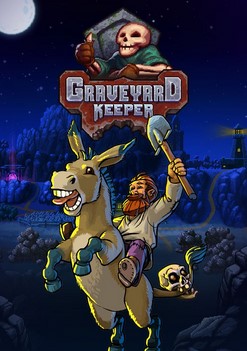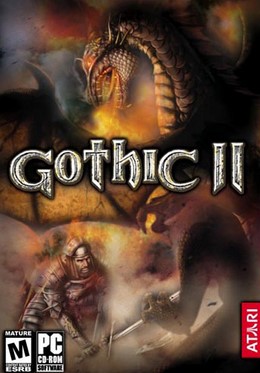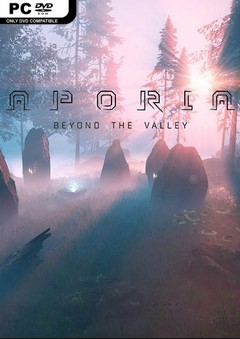Stardew Valley is a simulation role-playing video game developed by Eric "ConcernedApe" Barone. The game was initially released for Microsoft Windows in February 2016, with ports later being released for macOS, Linux, PlayStation 4, Xbox One, Nintendo Switch, PlayStation Vita, iOS, and Android.
In Stardew Valley, players takes the role of a character who, to get away from the hustle of the city, takes over their deceased grandfather's dilapidated farm in a place known as Stardew Valley. The game is open-ended, allowing players to take on several activities such as growing crops, raising livestock, crafting goods, mining for ores, selling produce, and socializing with the townsfolk, including marriage and having children. The game also allows up to three other players to play together online.
Barone developed the game by himself over four years. The game was heavily inspired by the Harvest Moon video game series, with additions to address some of the shortcomings of these games while using the opportunity as an exercise to improve his own programming and game design skills. Chucklefish approached Barone midway through development with the offer to publish the game, allowing him to focus more on completing it. Stardew Valley was both a critical and commercial success, selling over 3.5 million copies across all platforms by the end of 2017.
Gameplay
Stardew Valley is a farming simulation game primarily inspired by the Harvest Moon video game series. At the start of the game, players create their character, who becomes the recipient of a plot of land including a small house once owned by their grandfather in a small town called Pelican Town. Players may select from several different farm map types, with each one having their benefits and drawbacks. The farm plot is initially overrun with boulders, trees, stumps, and weeds, and players must work to clear them in order to restart the farm, tending to crops and livestock so as to generate revenue and further expand the farm's buildings and facilities.
Players may also interact with non-player characters (NPC) that inhabit the town, including engaging in relationships with these characters; this can culminate in marriage, which results in the NPC helping player's characters to tend the farm. Players can also engage in fishing, cooking, and crafting, and also explore procedurally-generated caves with materials and ores to mine or battle creatures within. Players can take on various quests to earn additional money, or work at completing bundles; specific collections of materials offered to the town's Community Center. Completing bundles rewards players with various items, including seeds and tools. Completing multiple bundles grants players access to new areas and game mechanics, such as a desert and greenhouse farming. All of these activities must be metered against the character's current health, exhaustion level, and the game's internal clock. If players becomes too exhausted anywhere outside of their house, they will be forced to pay 10% of their gold up to 1,000 g and will be returned to their house and restored with energy on the morning of the next day, but having forgone any opportunities to continue in activities from the previous day. If players loses too much health, they will lose most of their energy and a random amount of money and items. The game uses a simplified calendar, each year having only four 28-day months that represent each season, which determines which crops can be grown and which activities can be beneficial. Later in the game, players can build a greenhouse which is able to grow any crop regardless of the current season. The character is evaluated by their third year, but there is no deadline that otherwise ends the game.
Reception
Stardew Valley received "generally favorable" reviews, according to review aggregator Metacritic. Jesse Singal writing for The Boston Globe wrote that the game was "utterly compelling, lovingly crafted", and provided players with numerous varieties of activities to do without falling into a cycle of repetitive activities. Elise Favis of Game Informer found that watching her autistic brother play Stardew Valley helped her understand his condition better, as the game provides enough structure of present events with enough of a view of future events to allow her brother to enjoy the game.
Yasuhiro Wada, the creator of the Harvest Moon series that Stardew Valley was inspired by, stated that he was "very happy" with the game, as it has shown to him that Harvest Moon was not a forgotten series and continued on in spirit. He also stated that the approach taken by Barone with Stardew Valley was able to retain the freedom that he had wanted to keep in the Harvest Moon series that had been lost in the latter games, with more focus on animation and graphics. Gamasutra named Barone one of the top ten developers for 2016, identifying that he had "single-handedly" developed something that "breathed new life into a genre" otherwise dominated by the Harvest Moon series. Forbes named Barone one of their "30 Under 30" persons to watch in the area of gaming for 2017, citing his time and commitment towards making Stardew Valley a success.
Sales
Stardew Valley sold over 400,000 copies across Steam and GOG.com in two weeks, and more than a million within two months. Valve reported that Stardew Valley was in the top 24 revenue-generating games on Steam during 2016. Journalists noted that the gaming community had shown support for Barone for the game; while there had been some players who obtained the game illegally, these players were impressed with the game and stated they planned to purchase the game, while other players made offers to help pay for those who could not afford the game. By the end of 2017, Stardew Valley had sold more than 3.5 million copies across all platforms, according to research firm SuperData. The game was also the most downloaded on the Nintendo Switch for 2017, despite only being released in October of that year. Sensor Tower also estimated that for the game's first three weeks on the Apple App Store, it had earned more than US$1 million in revenue.
Since release, Stardew Valley has sold over 10 million copies across all platforms.
